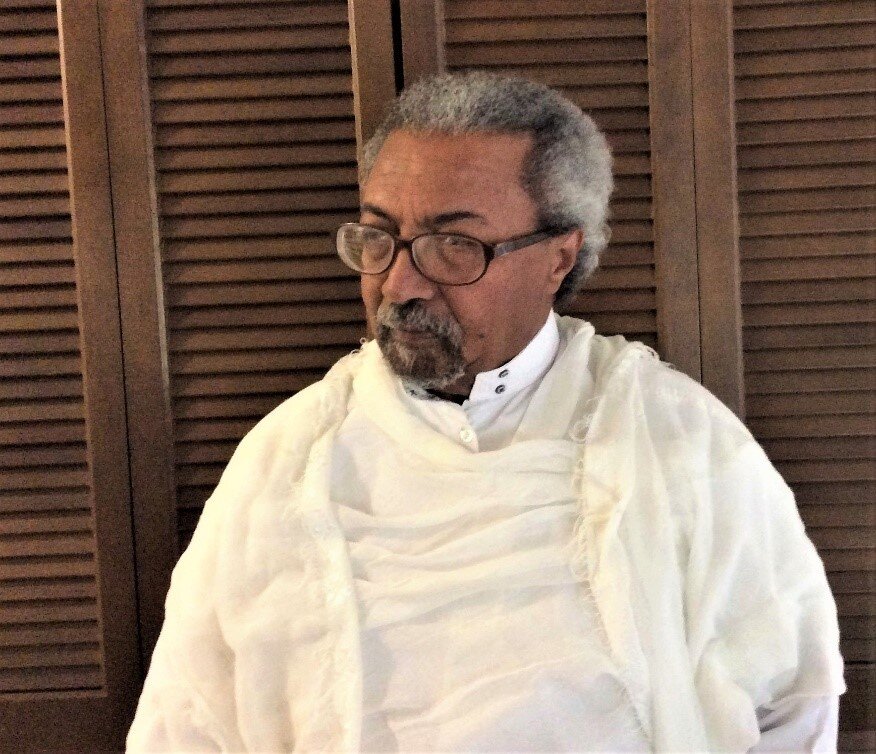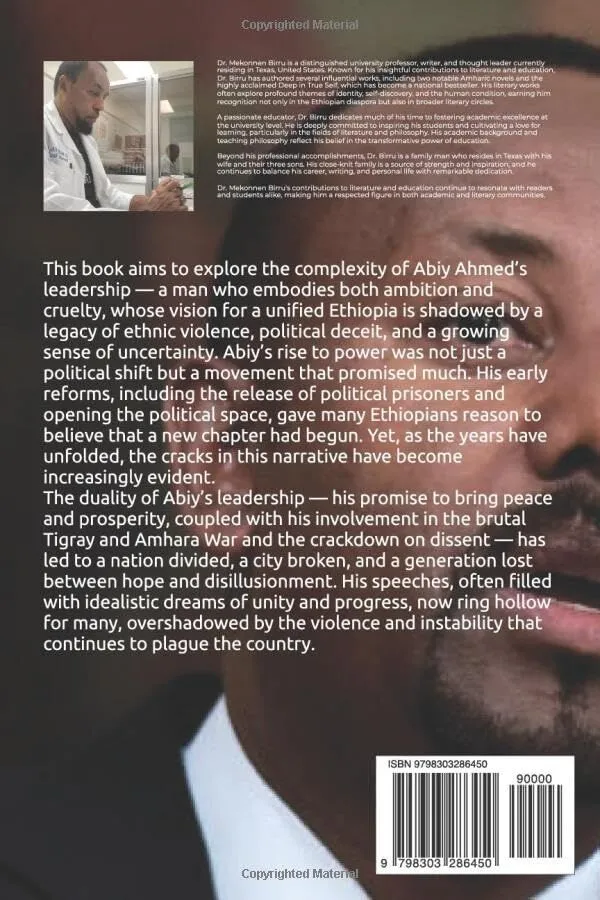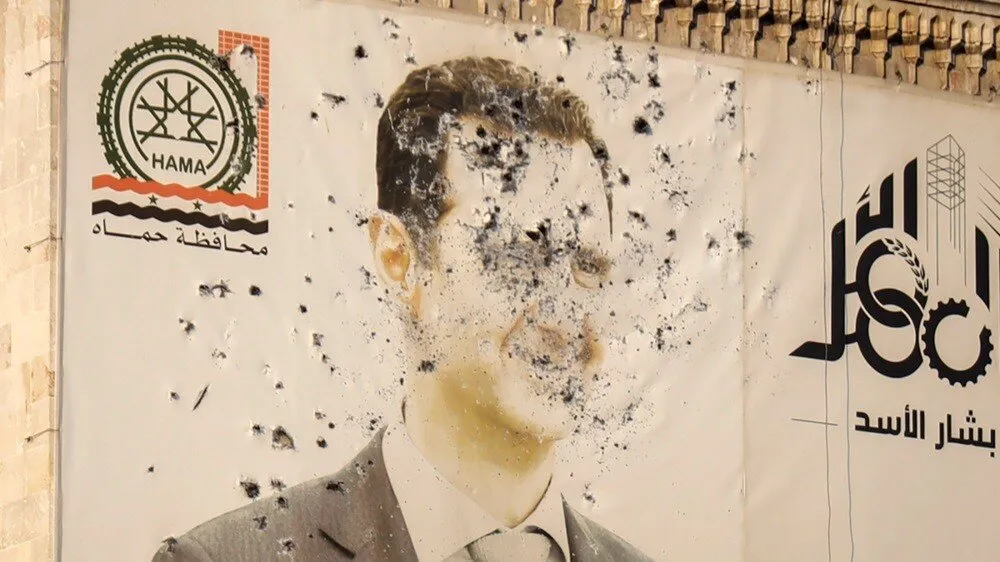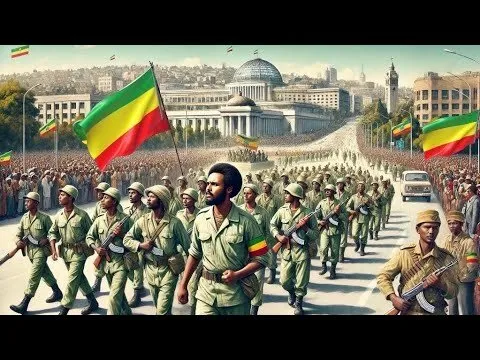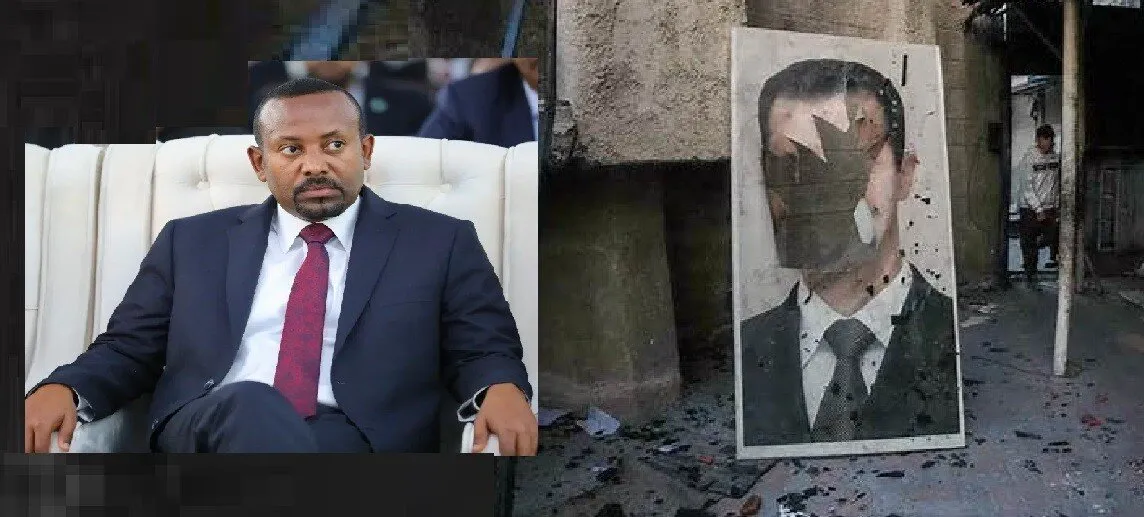By Messay Kebede (Prof)
Reacting to PM Abiy’s recent harsh and indiscriminate detraction of African and, specifically, of Ethiopian intellectuals, comments were quick to flow that, not only contested the criticisms, but more seriously exposed their dangerous implications, the most glaring of them being that the debasement of intellectuals is usually the mark of a dictatorial regime. The comments were not saying that intellectuals should not be criticized, but that the criticisms were expressed in such a way that they seemed to demonize free critical thinking, the outcome of which can only be its suppression. Indeed, the attempt was not so much to argue against the discourse of intellectuals as to ridicule and devalue their social standing. In short, the aim was not to provide counter criticisms; rather, it was to score political points through sheer denigration. While I approved the association of the disparagement of intellectuals with dictatorial practice, I could not, at the same time, discard the flagrant disparity between the message of the speech and what we know of the Prime Minister. Is he not himself a member of the intellectual elite, as testified by his side of life as a writer? Moreover, is not the speech contrary to what he has promised to the country and endeavored to implement since his rise to premiership?
The substance of PM’s criticisms bore on the inability of Ethiopian intellectuals to marry theory and practice. This inability makes their work useless, since criticisms divorced from reality is utterly irrelevant. Also, as a mere mental construct that takes pride in its purity from the constraints of reality, the discourse that flies away from reality is prone to exaggerations and idealistic distortions, whose impracticality changes the intent to know reality into a discourse denying reality itself. One can easily grant that this fanciful discourse provides the satisfaction that is usually attached to dogmas, including the ability to inflame converts, especially the young ones. What it cannot do, however, is to build on reality by improving it, obvious as it is that the revolutionary spirit that animates it, to the extent that it wants to effect a clean slate of the given and inherited conditions, turns the discourse into an attempt to wreck the society.
That Dr. Abiy’s accusations lacked in fairness cannot be in dispute. Intellectuals with visions destructive to the Ethiopian society abound, but so too those who struggle to find the right remedies to the conflicts tearing it apart. Moreover, one must be careful not to turn theory into a mere servant of practice. As testified by the development of human knowledge, invention requires the relative autonomy of theory vis-a-vis practice. The way out is to distinguish between reality and truth. Reality is the given; as such, it is what it is regardless of human wants and aspirations. Truth is a construction in such a way that we can influence reality and change it to our advantages. So that, the danger of an obsession with practice is the stifling of pure theoretical inventions, without which technological breakthroughs are seldom possible.
Although I read in the indiscriminate accusations of the PM an obvious exaggeration dictated by an understandable impatience and frustration over the reckless discourses of some intellectuals, I could not go to the extent of fully exonerating him, all the more so as they reminded me of previous detested regimes using the same diatribes against intellectuals. If any exoneration were to become possible, it had to be subsequent to an initiative of the Prime Minister himself.
The spectacle of an Ethiopian leader saying sorry for what he did was so unprecedented.
And the initiative came in the form of a loud and untangled apology. While I was listening to the apology, I could not quite prevent myself from feeling a sense of surreality. The spectacle of an Ethiopian leader saying sorry for what he did was so unprecedented, so at odds with the known style of the exercise of power in Ethiopia that it causes a brief disconnection with reality. To understand the feeling of disconnect, it is necessary to point out what apologizing means under normal circumstances. It means that, in addition to feeling remorse for what a person did to another person or persons and admitting full responsibility for the committed offense, he/she is willing to make amends and promises that it will not happen again.
In a country that has valued for centuries absolute power and has considered invincibility as the mark of legitimacy, nothing could be more repugnant and antithetical to its implementation than to hear the person holding the highest authority expressing remorse for his deed. This simple but extremely difficult task to accomplish denotes, in its own way, the cornerstone of any democratic practice, namely, the accountability of state power to the people. In its application to politics, apology admits responsibility for an offense to the people and, in so doing, restores the legitimate right of the people. If we ask the question of knowing why the person who has the highest authority in the society feels the need to apologize, the answer is that the person gives due respect to the people. Respect entails the recognition of rights, the very ones that in politics we call democratic rights.
To be sure, previous Ethiopian regimes have, however rarely and reluctantly, openly admitted mistakes. Such was the case with the Derg subsequent to a change of policy introducing the system of mixed economy. In the face of burgeoning unrest in the country, the EPRDF, too, admitted that mistakes were committed and promised improvements. However, none of them ever apologized to the Ethiopian people, choosing instead to blame other people or circumstances for the committed mistakes. When you divert the blame to something else, you neither feel remorse nor assume responsibility. In thus making excuses for the offense, you remove yourself from the path of genuine apology. Moreover, the mentioned regimes felt the need to acknowledge mistakes at a time when they were losing their grip on power. This timing suggests that the acceptance of mistakes was nothing but a calculated attempt to appease the ongoing popular uprisings by promising reforms. Let alone leading to apology, this late promise of change cast doubt on the sincerity of the admission of mistakes.
An apology issued under the condition of assured authority has all the appearance of being sincere.
By contrast, in his apology, Abiy avoids making excuses by assuming full responsibility for the offence, even if he briefly alludes to being somewhat misunderstood. He also expressed remorse by saying that he is sorry for the wrong he did, especially for the indiscriminate vilification of the intellectual elite. He even emphasized its unfairness by stating that many among the intellectuals perfectly live up to expectations. Most of all, Abiy’s apology comes at a time when he seems to be at the peak of his power. I do not see what could have changed in terms of the exercise of power if he did not apologize, all the more so as he had little chance of bringing to his side the many intellectuals who dislike his policy for one reason or another. An apology issued under the condition of assured authority has all the appearance of being sincere, since it is hard to find any other reason for its offering than the fact that the apologizer regrets the hurt he has caused.
One may still retort that the apology is just a make-believe, that behind the soothing words lies the intention to deceive so as to reinforce one’s popularity. According to this objection, those who have been hurt and those who are listening will see the apology as the expression of a caring and morally tactful leader when in reality it is nothing more than deceit to shore up popularity. First, as already indicated, I do not see what Abiy would gain by engaging in this kind of theatrics. Second, viewed from Ethiopia’s political culture, which culture intractably mixes power with invincibility, the offering of apology can only be seen as a sign of weakness. For the one who holds power, to admit wrong, or worse, to express regret for it, is to exhibit vulnerability and invite insubordination. Since in line with the Machiavellian precept, modern Ethiopian leaders think that the one who has power has the right to command regardless of any moral concern, to use apology to strengthen one’s power base is at best inconsistent and at worst self-damaging. In a word, the safest way to make sense of an apology coming from an unweakened Ethiopian leader is to bet on his sincerity.
The Machiavellian divorce of politics from morality was tempered in traditional Ethiopia by the religious injunction compelling kings to protect Orthodox Christianity and obey its rules. As a result, the injunction had somewhat lessened the brutality of political power. However, since the Revolution of 1974, all moral restriction has been lifted by the spread of Leninist atheism and the doctrine of class struggle among intellectuals and the modern political elite. As the great Russian novelist, Dostoyevsky, predicted when he said, “if there is no God, everything is permitted,” for the twin principles of Leninism, the end justified the means, that is, all moral considerations must be suspended to achieve the goal of socialism. We know what horrendous bloodbath and inhumane treatments resulted from the implementation in Ethiopia of the principle demanding the suspension of morality in political struggle. Those who followed the Derg replaced the doctrine of class struggle with the doctrine of ethnic struggle, but retained the atheism and the amorality of political struggle characteristic of Leninism. For them, too, no moral scruple should hamper the struggle to achieve ethnic ascendancy. Apart from the defense of national unity, the outcome was no different from that of the Derg in terms of the treatment of human rights.
It seems that Abiy wants to reinject some dose of morality into politics by simply saying that it is wrong to hurt people.
Precisely, with his apology, it seems that Abiy wants to reinject some dose of morality into politics by simply saying that it is wrong to hurt people, even for the one who holds the highest power. Commentators show here and there some exasperation over Abiy’s attempt to moralize public life, not to mention his occasional inclinations to sprinkle his discourse with religious references, as, for instance, the use of the word “love”. This is to forget that one of the problems of Ethiopia is that it introduced elements of modernity without concurrently developing the democratic institutions necessary to protect human dignity. The consequence was that the tempering role of religion in traditional Ethiopia was removed––following the modern principle of separation of church and state—without, however, providing any viable replacement. Atheism and the revolutionary spirit filtered through the created void, the outcome of which was the separation of politics from morality. Without democratic institutions yet in place, Ethiopians were thus left unprotected to the savagery of political


